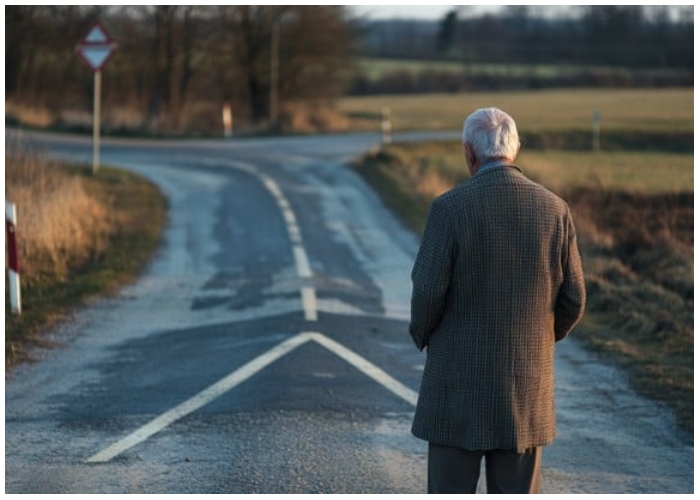In today’s world, we are trained to stay busy. We multitask, chase deadlines, and measure productivity by how much we achieve. Even in our downtime, we often fill the space with screens, scrolling, or noise. Doing nothing feels uncomfortable—like wasted time.
But science and history tell us the opposite. Periods of rest, idleness, and quiet are not wasted at all. They are essential for creativity, mental health, and overall well-being. In fact, “doing nothing” may be one of the most valuable skills we can relearn.
Why We Fear Stillness
For many people, being still feels unproductive. We worry about falling behind or being seen as lazy. Modern culture praises busyness as if it were proof of worth. This mindset makes it hard to stop, even when we know we need rest.
There’s also the discomfort of being alone with our thoughts. Silence often brings up worries, regrets, or questions about our lives. Instead of facing them, we drown them out with constant activity or distraction.
But here’s the truth: slowing down doesn’t mean giving up. It means allowing space for your brain and body to recover—so you can return stronger and clearer.
The Benefits of Doing Nothing
Science shows that quiet time has real benefits. When you pause and let your mind wander, your brain enters what researchers call the “default mode network.” This state supports self-reflection, memory building, and creative problem-solving.
Doing nothing, even for short bursts, can:
-
Reduce stress and lower blood pressure
-
Improve focus and attention span
-
Strengthen memory and learning
-
Boost creativity and innovation
-
Support emotional regulation and resilience
In other words, rest is not the opposite of productivity. It is part of it.
How Great Minds Used Idleness
Many famous thinkers valued periods of stillness. Albert Einstein was known to daydream by sailing or walking. Beethoven often wandered the countryside in silence, using those hours to spark new musical ideas. Writers, artists, and inventors throughout history relied on “idle” moments to fuel their greatest work.

This shows that doing nothing is not a modern weakness—it is a timeless tool for deeper thinking and creativity.
Practical Ways to Practice Doing Nothing
The good news? You don’t need hours of free time or a quiet cabin in the woods. You can add small pockets of stillness to your everyday routine. Here are some simple ideas:
-
Pause between tasks – Before jumping to the next thing, take two minutes to breathe.
-
Look out the window – Let your eyes rest on the sky, trees, or street without reaching for your phone.
-
Sit in silence – No music, no podcasts—just sit and notice how you feel.
-
Take a mindful walk – Move without headphones, focusing on your surroundings.
-
Schedule “white space” – Block out 15 minutes in your calendar with nothing planned.
These practices may feel awkward at first. But over time, they teach your brain that stillness is safe—and even enjoyable.
The Connection Between Stillness and Presence
When you allow yourself to do nothing, you also practice presence. You notice small details: the taste of your food, the sound of birds outside, the feeling of the sun on your skin. These moments might seem ordinary, but they reconnect you with life in a deeper way.
Being present helps reduce the anxious pull of the past or future. Instead of racing ahead, you return to what is real right now.
Rest as Resistance
In a culture that demands constant output, choosing to rest is a quiet form of resistance. It’s saying: my value is not measured only by my productivity. My worth does not depend on how busy I appear.
Rest protects your health, sparks creativity, and helps you live with more clarity. It’s not selfish—it’s necessary.
Final Thoughts: The Power of Pausing
Doing nothing is not easy in a noisy, fast-moving world. But it is possible—and powerful. By practicing stillness, you give your mind and body the reset they need.
So the next time you feel pressure to stay busy, try pausing. Let yourself breathe. Let your mind wander. Sometimes, the greatest breakthroughs come not from working harder, but from sitting in silence and allowing space for something new to rise.